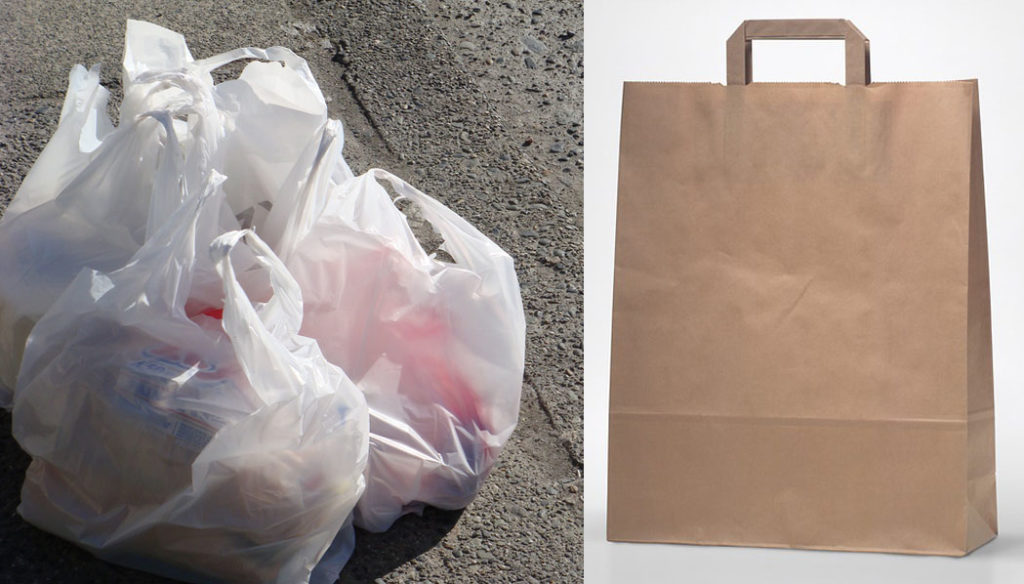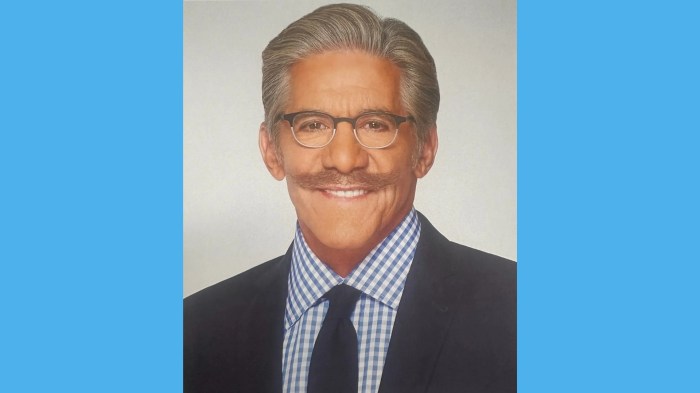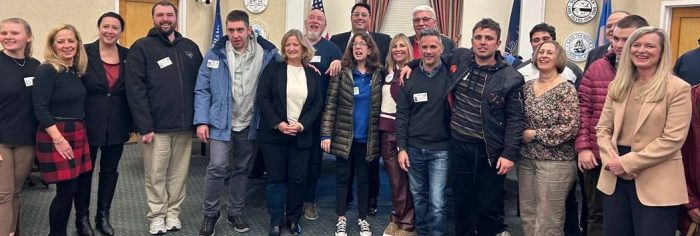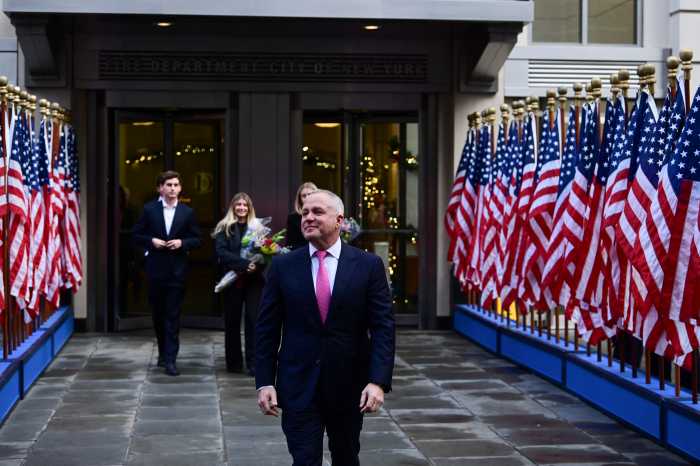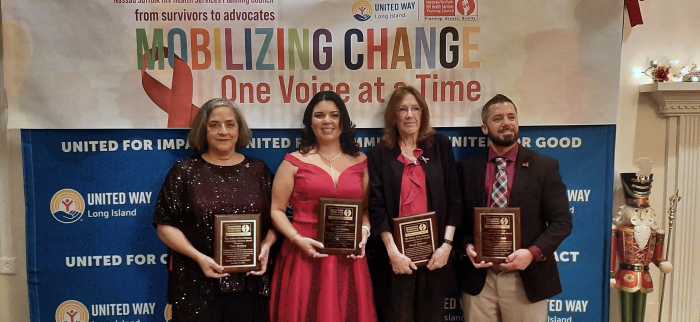
I recently stopped by the CVS in Amityville on my way home to pick up some aspirin. After chatting briefly with the very pleasant clerk, he casually asked me if I wanted a bag for my purchase. “Why wouldn’t I?” I innocently asked in a fairly perplexed manner. He told me that if I wanted a plastic bag, it would cost 5 cents more.
Suddenly I realized that Suffolk County is now forcing merchants to charge their customers 5 cents for a plastic bag, in the hope of reducing the impact these bags are having on the environment. Maybe most people will choose to not pay for the bags and instead, bring their own reusable bags.
Since I only had the one item, I wasn’t about to spend the extra five cents. But what about the lady behind me, who had a shopping cart filled with little boxes and tubes? If I wasn’t in such a hurry, I would have stayed to watch that acrobatic act as she tried to juggle all those items back to her car without bags.
As I put the box of aspirin into my jacket pocket like a common thief, I noticed a woman coming into the store with one of those reusable sacks with “Zwanger Radiology” on the sides. Maybe she had previously done her own juggling act and wasn’t about to repeat that performance. If you are looking for free stuff, just hang outside a place like CVS for a few minutes. You may find more little items on the pavement than a dog finds scraps under the table at Thanksgiving. A small sleeve of Oreo’s over there, a dropped bag of disposable razors here. Hey, isn’t that a tin of salted peanuts?
Listen, I understand what Suffolk County is trying to do here, modifying people’s behavior to help the planet. Once people get used to bringing their own reusable bags, the disposable plastic bag will become extinct. Many countries have already banned the distribution of these bags and their citizens have adapted.
But 5 cents? That’s not a deterrent. When my wife goes food shopping, she spends more than $200 every time and fills the shopping cart. You think spending another dollar for 20 wonderfully convenient reusable plastic bags is going to make a difference? You spend more than that on the deposit charge when you buy a case of bottled water.
People have been paying a 5-cent deposit on bottles and cans for years, yet our weekly recycling containers are filled with them. What happens to all those nickels if no one brings the containers back? Most consumers have looked at it as a price increase, not a refundable deposit. Although statistics claim that more than 90 percent of bottles and cans are returned with their 5-cent deposit refunded, I haven’t returned one in years. I recycle them, but I don’t return them.
Maybe if they were charging 10 cents a bag, or not having bags available at all, it would have a bigger impact. Everyone knows that Costco and BJ’s don’t supply bags, yet you still shop there for that 60-pack of Ivory Soap. At least they provide you with discarded cardboard boxes to help transport that 20-gallon jar of pickles.
When plastic bags first came onto the scene in grocery stores, the cashier would inquire if you wanted paper or plastic. Old school shoppers always wanted paper, but the plastic bags were much more convenient and had many different uses when you got them home. The only things I ever remember reusing paper bags for was for Halloween costumes and school book covers.
Even though it seemed you had accumulated an endless supply of those bags, many of them would still end up in the trash, sometimes immediately after you got home. I guess that’s the whole point of what Suffolk’s trying to do. We have to start somewhere, don’t we?
I’m going to miss the little buggers. If you’ve ever had to walk a dog, you know how valuable these bags are. If you take lunch to work every day, you are going to need to buy a lunch box. No more wrapping your stocking feet in plastic before you put on those snow boots to keep your feet dry.
Maybe someday our grandchildren will view these bags in museums and wonder why people ever went to stores at all, considering that today, with a few clicks on your phone, you could have almost anything delivered right to your front door. Of course, now what are we going to do with all those empty Amazon boxes?




